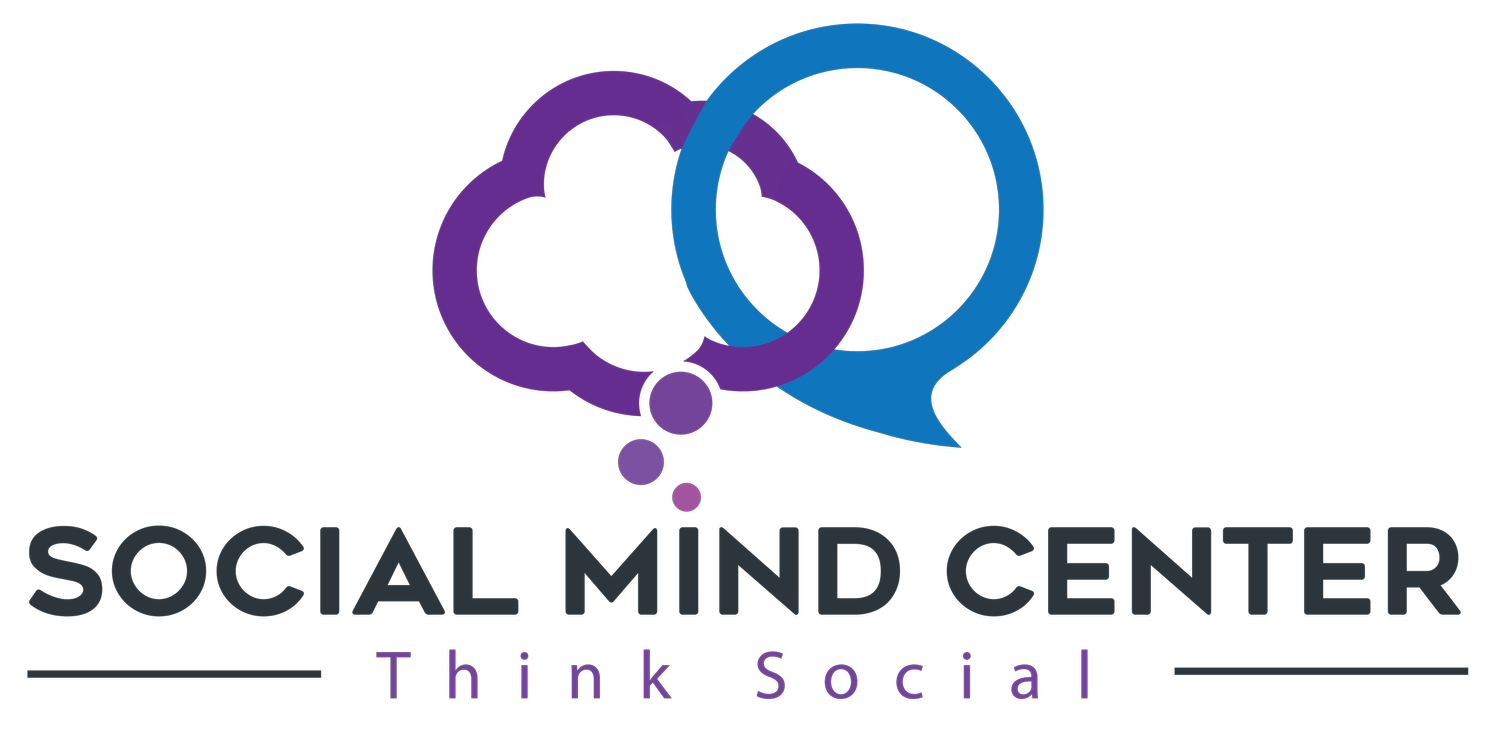Psychoeducational Testing
-
Psychoeducational Evaluations ($3500)
Psychoeducational evaluations are conducted for students who are struggling in school and provide important information about strengths and weaknesses, learning styles, processing ability, and behavioral functioning. Psychoeducational evaluations are used to diagnoses learning disabilities. Recommendations are provided for best learning environment; classroom and testing accommodations; academic, therapeutic, and at-home intervention.
Psychoeducational testing typically includes:
• A cognitive test (such as Woodcock-Johnson-Tests of Cognitive Abilities-Fourth Edition or Kaufman Assessment Battery for Children-Second Edition);
• An achievement test (such as Kaufman Test of Educational Achievement – Second Edition or Woodcock-Johnson Tests of Achievement – Fourth Edition);
• A Processing Measure (such as Wide Range Tests of Memory and Learning – Second Edition, Woodcock-Johnson Tests of Cognitive Ability – Fourth Edition (WJ-IV COG); The Comprehensive Test of Phonological Processing, Second Edition (CTOPP-2); Clinical Evaluation of Language Fundamentals – Fourth Edition (CELF-4); Peabody Picture Vocabulary Test, Fourth Edition (PPVT-IV);
• A test of visual motor integration (such as Beery-Buktenica Developmental Test of Visual-Motor Integration, Developmental Test of Visual Perception, Developmental Test of Motor Coordination)
• Behavioral Rating Scales (Behavior Assessment System for Children-Third Edition (BASC-3) – Parent, Teacher, Child)
• Behavioral Observations
• Review of School and Medical Records
• School Observation (optional)
-
Autism Diagnostic Testing ($2000)
Autism diagnostic testing is conducted to identify an autism spectrum disorder. Social and communicative functioning is assessed as well as repetitive thinking or behavior and cognitive inflexibility. Recommendations are provided for best learning environment; classroom and testing accommodations; academic, therapeutic, and at-home intervention.
Autism Diagnostic Functioning typically includes:
• Autism Diagnostic Observation Schedule, Second Edition (ADOS-2)
• Autism Diagnostic Interview – Revised (ADI-R)
• Social Responsiveness Scale (SRS)
• Social Communication Questionnaire (SCQ)
• Vineland Adaptive Behavior Scales-Second Edition (Vineland-II)
• Behavioral Observations
• School Observation (Optional)
-
Behavioral/Emotional Evaluation ($2000)
Behavioral Evaluations typical include:
• A measure of Executive Functioning (such as Behavior Rating Index of Executive Functions (BRIEF))
• Behavioral Observation
• Behavioral Rating Scales (such as the Behavior Assessment System for Children-Third Edition)
• School Observation (Optional)
• Review of School and Medical Records
Emotional Evaluations may include:
• An apperception test (such as Robert’s Apperception Test or Thematic Apperception Test)
• A personality inventory (such as Millon Pre-Adolescent Clinical Inventory or Minnesota Multiphasic Personality Inventory-Adolescent)
• House-Tree-Person and Kinetic Family Projective Drawings
• Sentence Completion Test
• Emotional Rating Questionnaires (such as Revised Children’s Depression Inventory or Children’s Manifest Anxiety Scale)
-
Gifted/ IQ Evaluation ($500)
Gifted evaluations are done to determine intelligence level for proper school placement and intervention.
Gifted Evaluations typically include:• An intelligence/ cognitive test (such as Woodcock-Johnson-Tests of Cognitive Abilities-Fourth Edition or Kaufman Assessment Battery for Children-Second Edition)
• Behavioral Rating Scales (when indicated; Behavior Assessment System for Children-Third Edition (BASC-3) – Parent, Teacher, Child)
• Review of School Records
